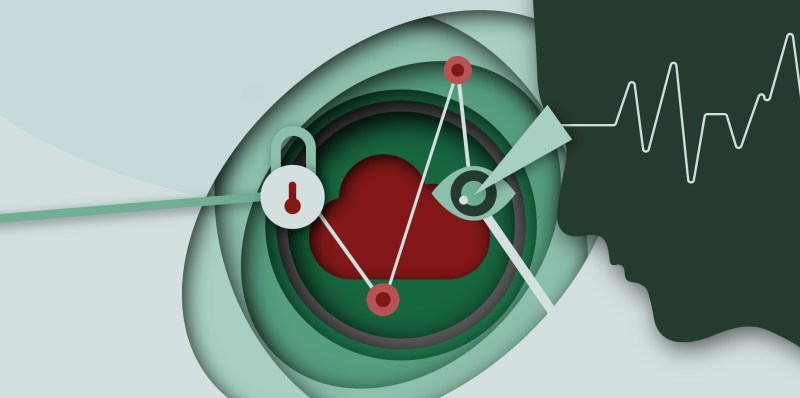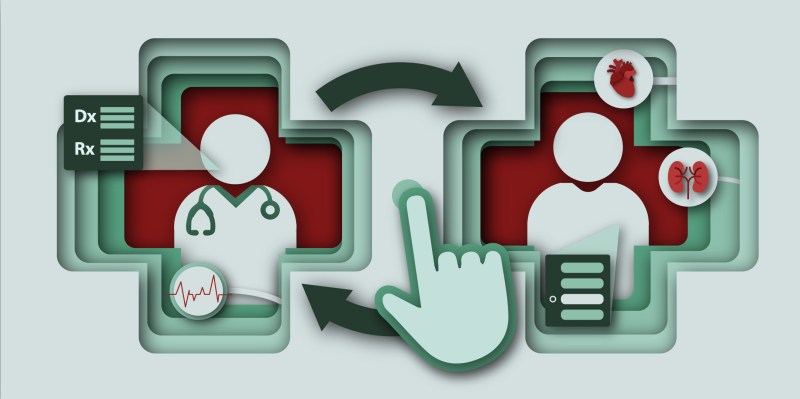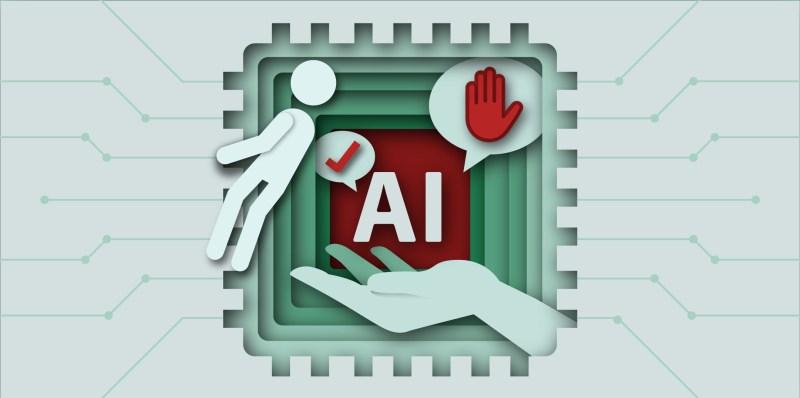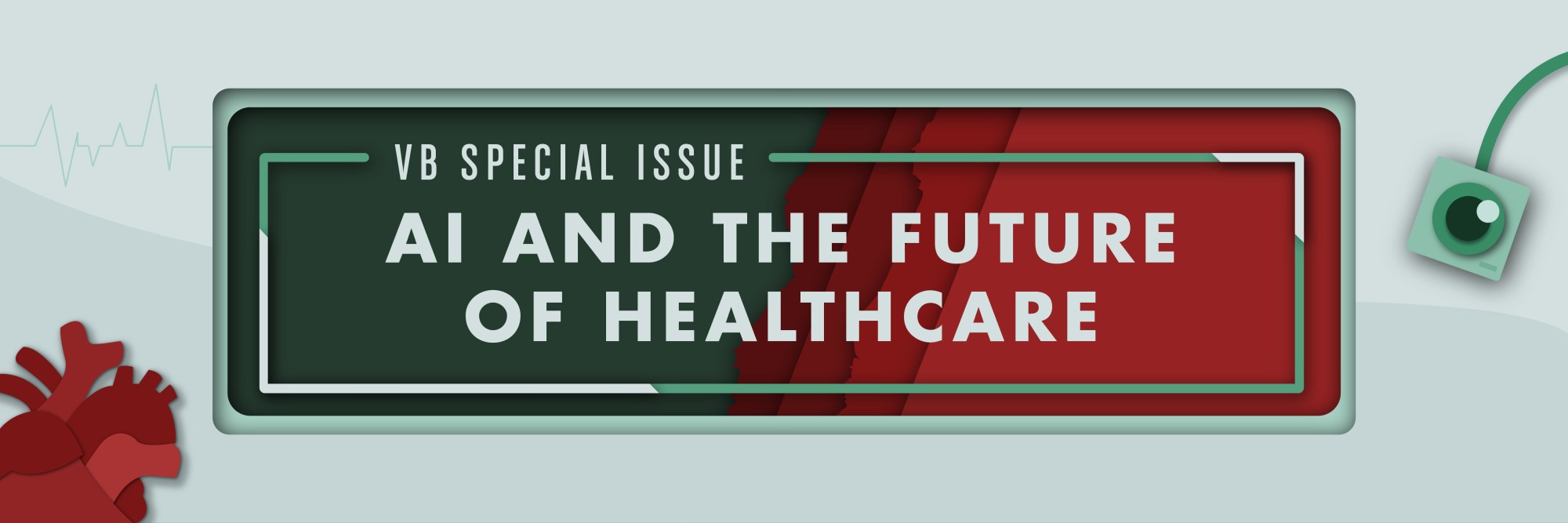In this issue
- AI in health care creates unique data challenges
- Telemedicine and chatbots are using data to transform healthcare
- Confidence, uncertainty, and trust in AI affect how humans make decisions
- Elder care, wireless AI, and the Internet of Medical Things
- We’re two steps away from democratized, on-demand health care
- How the responsible use of AI can help create a better health system (sponsored)
Artificial intelligence and health care both deal heavily with issues of complexity, efficacy, and societal impact. All of that is multiplied when the two intersect. As health care providers and vendors work to use AI and data to improve patient care, health outcomes, medical research, and more, they face what are now standard AI challenges. Data is difficult and messy. Machine learning models struggle with bias and accuracy. And ethical challenges abound. But there’s a heightened need to solve these problems when they’re couched within the daily life-and-death context of health care.
Then, in the midst of the AI’s growth in health care, the pandemic hit, challenging old ways of doing things and pushing systems to their breaking points. In this issue, we examine how the medical field is using AI and data to tackle the challenges of this extraordinary time.
From developing ways to handle massive amounts of tricky data, to using telemedicine and wearables to offer remote care, to challenging the pitfalls of automation bias, we’re encountering sea changes in health care. And because of the pandemic, the changes have to happen quickly.
But a certain optimism persists; there’s a sense that despite unprecedented challenges to the medical field, careful and responsible use of AI can enable permanent, positive changes in the health care system.

AI in health care creates unique data challenges
AI algorithms are being applied to health care. But they require training data, and challenges abound when it comes to health data management.
Telemedicine and chatbots are using data to transform healthcare
The healthcare industry has rapidly embraced advances like telemedicine and health chatbots on a far greater scale to navigate the pandemic.


Confidence, uncertainty, and trust in AI affect how humans make decisions
Health care applications of AI are growing fast, but there are obstacles to building robust, trustworthy systems.
Elder care, wireless AI, and the Internet of Medical Things
Senior citizens are accustomed to constant probes by doctors, but wireless AI tech is enabling massive-scale, nonintrusive data monitoring.
We’re two steps away from democratized, on-demand health care
Just as with services such as Uber, consumers shouldn’t have to go out and seek health services; the services should be available on demand.

How the responsible use of AI can help create a better health system (sponsored)
Used responsibly, AI can produce better health outcomes, better patient experiences, and better care provider experiences.
Subscribe to our AI Weekly newsletter
Check out our previous Special Issue: Automation and jobs in the new normal
